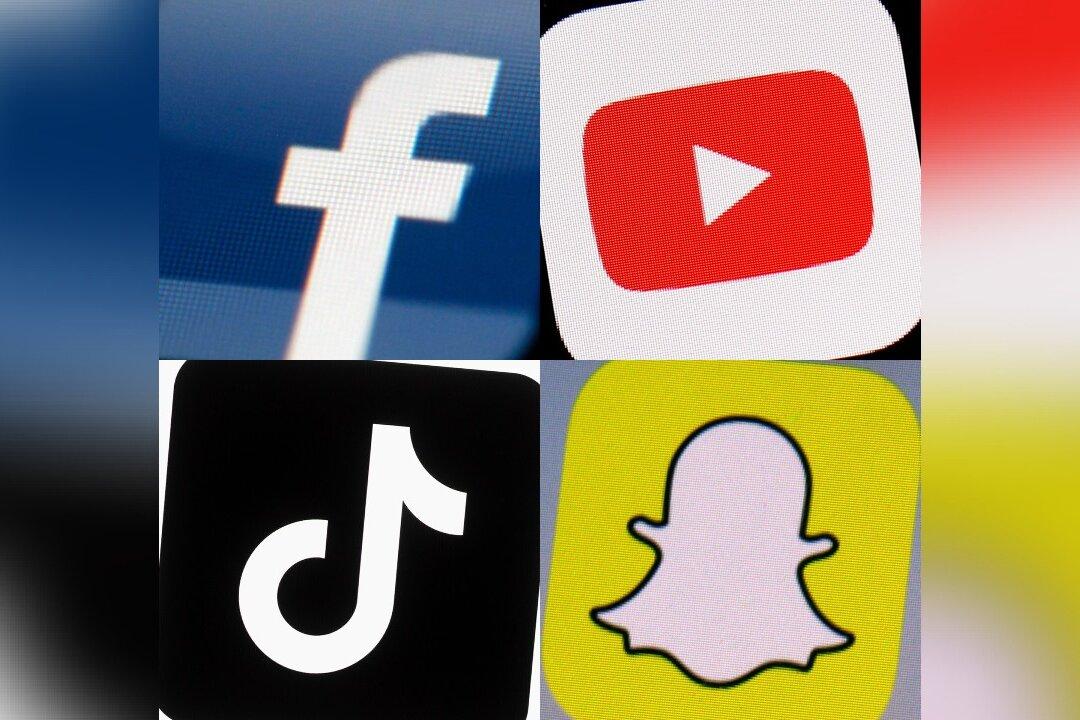Social media platforms that refuse to comply with any government transparency requirements should be banned or face enforceable penalties, according to an Australian parliamentary inquiry into foreign interference through social media.
The report (pdf), which was released on Aug. 1 by the Senate Select Committee on Foreign Interference Through Social Media, recommends that the federal government implement a minimum set of transparency requirements that would be enforceable with fines. However, any platform which repeatedly fails to meet the transparency requirements could, as a last resort, be banned by the Minister for Home Affairs.




